Garden over drainage field
NDgal
11 years ago
Featured Answer
Comments (9)
nc_crn
11 years agotishtoshnm Zone 6/NM
11 years agoRelated Professionals
Beachwood Landscape Architects & Landscape Designers · Springfield Landscape Contractors · Fort Worth Landscape Contractors · La Verne Landscape Contractors · Lake Worth Landscape Contractors · Leicester Landscape Contractors · Lynwood Landscape Contractors · Manhattan Landscape Contractors · New Baltimore Landscape Contractors · The Woodlands Landscape Contractors · Wethersfield Landscape Contractors · Chicago Driveway Installation & Maintenance · Libertyville Driveway Installation & Maintenance · Thornton Driveway Installation & Maintenance · Winston-Salem Driveway Installation & Maintenanceplanatus
11 years agodigdirt2
11 years agogardenlen
11 years agonc_crn
11 years agowertach zone 7-B SC
11 years agoNDgal
11 years ago
Related Stories

GARDENING GUIDESGarden Myths to Debunk as You Dig This Fall and Rest Over Winter
Termites hate wood mulch, don’t amend soil for trees, avoid gravel in planters — and more nuggets of garden wisdom
Full Story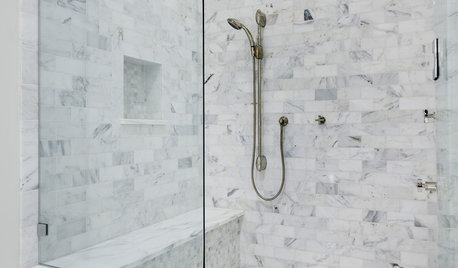
BATHROOM DESIGNConvert Your Tub Space Into a Shower — Waterproofing and Drainage
Step 4 in swapping your tub for a sleek new shower: Pick your waterproofing materials and drain, and don't forget to test
Full Story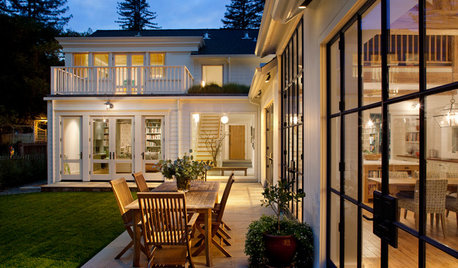
TRANSITIONAL HOMESHouzz Tour: A Happy-Trails Home on a California Field
Horse-loving homeowners look to barns and equestrian references for their light and bright new build
Full Story
GARDENING GUIDESGardening Solutions for Heavy Clay Soils
What’s a gardener to do with soil that’s easily compacted and has poor drainage? Find out here
Full Story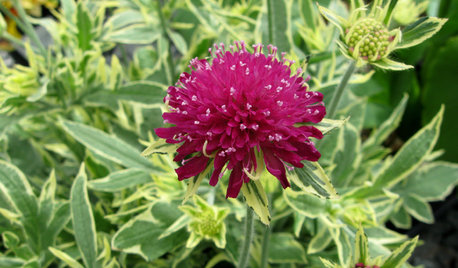
GARDENING FOR BUTTERFLIESGreat Design Plant: Thunder and Lightning for Midsummer Garden Color
Get over the mouthful of a name; focus on the dramatic foliage and gorgeous magenta flowers of Thunder and Lightning field scabious
Full Story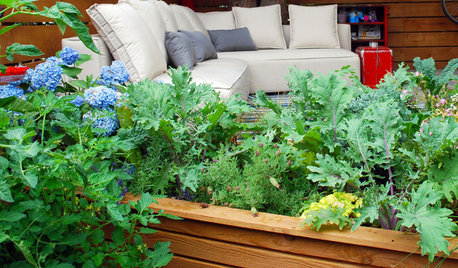
GARDENING GUIDESStep Right Outside for Fresh Herbs and Vegetables
Decks and patios can be convenient spots for edibles, and sometimes they even offer advantages over backyard gardens
Full Story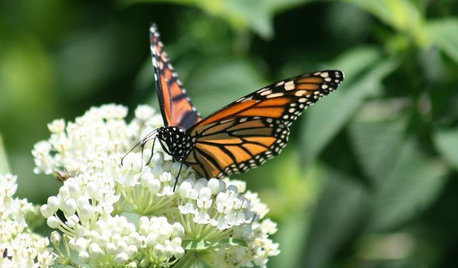
GARDENING GUIDESGreat Design Plant: Milkweed
Quit cringing. This not-weed plant is a sight to behold in the garden, has a delicious vanilla scent and is a magnet for butterflies
Full Story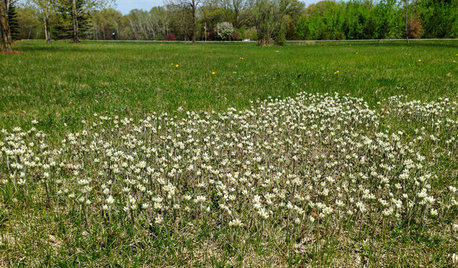
GARDENING GUIDESGreat Design Plant: Antennaria Neglecta
Plant field pussytoes in midwestern and eastern U.S. rock gardens for early-spring flowers and silver foliage
Full Story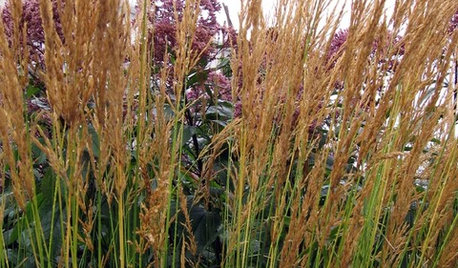
GOLD FOLIAGEGreat Design Plant: Feather Reed Grass
Use this ornamental grass for height, color, texture and motion in your landscape
Full Story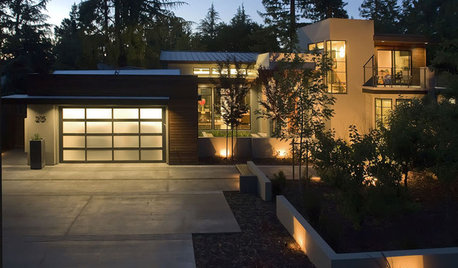
REMODELING GUIDESConcrete Driveways: Poring Over the Pros and Cons
Concrete adds smooth polish to driveways and a sleek look to home exteriors, but here are the points to ponder before you re-surface
Full StoryMore Discussions






mandolls